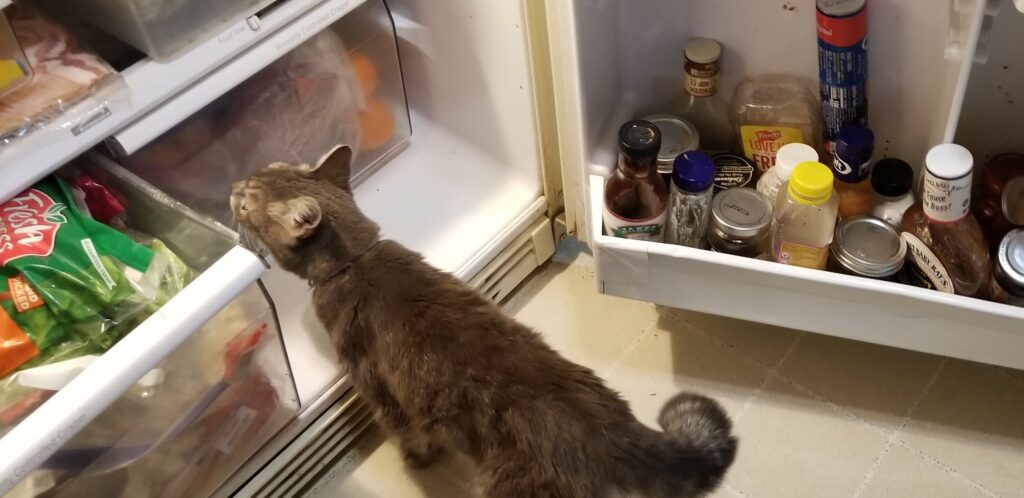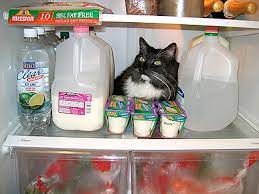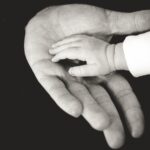
As a teen, I often babysat for a family that had the strangest smelling refrigerator. After I put the kid to bed, I did what most teens do: I raided the kitchen. Their fridge was clean enough, but they kept foods that a white Protestant girl like me had never seen. I thought their fridge smelled funny because they belonged to a different culture. Such foreign food probably made their mouths water, but I judged it as awful and never opened their fridge again.
When my own kids were in school, I wanted to be the best parent. I kept them away from “bad influences,” troublemakers and children who spit on the sidewalk, thinking that was what good moms did. I made my boys brush and floss daily and supervised as they did homework.
When they reached middle and high school, I resisted their pleas for a video game console and forbade MTV. I taught them to Just Say No and gave them lots of character-building chores.
So how did my three sons each end up battling Substance Use Disorder?
Some insist that I failed in some way. Others tell me it’s not my fault. Either way, a mom like me ends up shouldering crushing guilt.
I’ve made many parenting mistakes. I made sure my sons only played with other “good” kids, but when I wasn’t looking, they spit on the sidewalk. At other kids’ houses they watched forbidden movies, got their gaming practice and who knows what else.
Suddenly my teenaged sons were the ones I’d warned them to avoid when they were younger. To me, my sons were the same innocent, sweet-smelling babes they’d always been. But one day, my protective bubble burst. A mom trying to protect her own child, screamed at me that my son was nothing but an expletive a***ct.
I fell from my place atop Best Parent Mountain.

Time to clean out the Judgment Fridge?
I had to ask myself: had I been passing judgment on my sons’ friends and acquaintances in the same way as the screaming mother? Was I passing judgment on those I considered beneath me?
In order to avoid the pain of facing the fact that my children had serious problems with drugs and alcohol, I separated the world into good and bad. Other families with Substance Use Disorder or mental health issues surely had not been as attentive as I was. Those others were headed toward danger because their parents hadn’t trained them in the way they should go.
Ouch. When I tried to protect my sons, I’d also passed a whole lot of judgment on others. It was time for me to clean out my own refrigerator.
I had divided the world into us and them—sure, my kids had problems, but they’d snap out of it. Those other kids—the ones with unkempt appearances, lousy grades or potty mouths would be lucky to stay out of jail. My sons weren’t urchins running wild. My boys were good. A little experimentation was normal. Right?
Except that Substance Use Disorder doesn’t care how often Mom made you brush and floss. Addiction and mental health issues don’t give a rip whether my child paid attention in class or lied his way into the “R” rated movie. I’m learning the hard way that allowing myself to think my excellent momming would protect my kids is a cruel myth. And that my judgy attitudes hurt everyone.
By telling myself my kids would be fine as long as they never played Nintendo, I created the myth, which contributes to the guilt that stalks me. All the ways I felt superior as my kids were growing up only kept me believing that I was better than other moms.
I’ve learned that I’m no better—or worse than any other mom. I did my best, plain and simple. And if I give mercy to myself, I can’t view the world as us vs. the other. Judgment takes a backseat when I believe that everyone is trying their best. Everyone.
I wonder if most people think everyone else’s refrigerator smells funny too. But I feel less guilt when I remember that we’re all doing the best we can. I give and receive more love when I don’t compare, when I keep loving, hoping and welcoming the other. As I slog through this painful journey with my sons, I’ve found that life is better when we’re all in this together.




